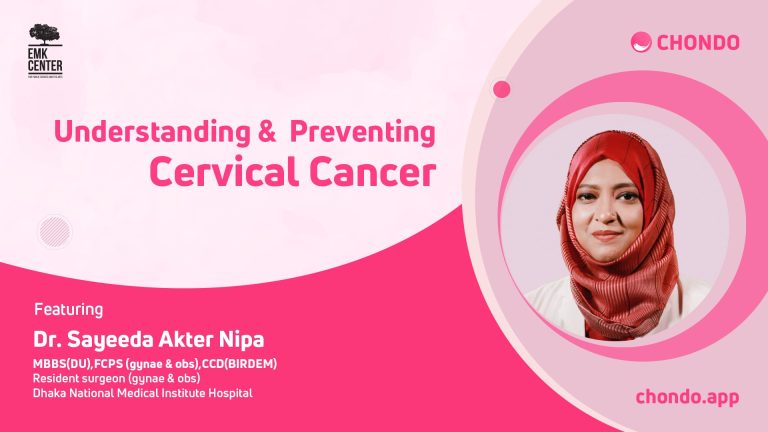Sunlight Vitamin: The Hidden Impact of Vitamin D Deficiency in Women
There has been a rise in our focus on health and well-being. While it has helped to improve our lifestyle, one essential nutrient is often ignored. We know Vitamin D as the ‘sunlight vitamin’ because we can receive it naturally from morning sunlight. But, this crucial vitamin, related to bone health, doesn’t receive much notice in our overall health plan.
You may ask ‘Why does vitamin D need to be singled out from other vitamins?’ Recent studies have shown that Vitamin D plays a role in women’s reproductive health. Unfortunately, almost 95% of women suffer from deficiency. We will explore the benefits of vitamin D and the consequences of deficiency in women.
Vitamin D’s Hidden Potential
Vitamin D is naturally produced when our bodies come into contact with morning sunlight. While we know this vitamin to be integral for our bone health, it also plays a huge role in many physiological processes of our body.
It has been recently discovered that Vitamin D has an impact on reproductive health, especially women’s. So not only does this vitamin help to combat issues like osteoporosis and brittle bone, but it increases the chance of pregnancy in both natural conceiving and IVF.
Vitamin D and Fertility
Discovering the link between women’s health and Vitamin D has been groundbreaking. Its effect on fertility is immense. Research has shown that Vitamin D deficiency can stop follicles from maturing into an ovum or mature egg. The development of follicles is the integral process of a menstrual cycle. If no ovum is released, there can be no chance of pregnancy.
On the other hand, no ovum also means no possibility of uterine shedding, therefore, menstruation becomes scarce or irregular. Abnormal menstrual cycle means prolonged follicular phases and delayed ovulation.
We can see that insufficient levels of Vitamin D obstruct the chances of conceiving. But not all hope is lost. Vitamin D supplements are available and accessible. Taking them at night can enhance your fertility.
Helping Women with PCOS
While Vitamin D deficiency is bad for all women, it is even worse for women with Polycystic Ovary Syndrome (PCOS). Affecting millions of women worldwide, PCOS causes hormonal imbalances and disrupts menstrual cycles. A low level of Vitamin D worsens the symptoms of PCOS. However, taking supplements can provide relief from PCOS symptoms and regain hormonal balance.
Vitamin D and Pregnancy
Vitamin D plays a significant role during pregnancy by ensuring optimal fetal development and maternal well-being. Studies have found insufficient vitamin D levels during pregnancy lead to various complications, such as gestational diabetes, preeclampsia, and preterm birth. Therefore, expectant mothers must get vitamin D testing done and take supplements under the guidance of their healthcare provider.
What do to If I Have Vitamin D Deficiency?
If you suspect a vitamin D deficiency, it’s crucial to consult a healthcare professional for proper diagnosis and guidance. Doctors prescribe blood tests to find out your vitamin D levels and then recommend an appropriate supplementation plan.
Additionally, spending time outdoors in sunlight, particularly during the morning and late afternoon, can aid in natural vitamin D production. However, please remember to wear proper sunscreen and reapply every 2-3 hours. Practicing safety procedures to avoid harmful UV exposure is equally necessary.
Recognising the importance of Vitamin D is vital. For women, it is directly linked to their fertility. We invite you to take charge of your health and understand your body’s needs.
Author
Prof. Dr. Kishwar Sultana
MBBS (DMC), MCPS, DGO, FCPS
Professor | Department of Obstetrics & Gynaecology
Holy Family Red Crescent Medical College & Hospital
Download Chondo App
Track your period and get notified.
Download
Beta







